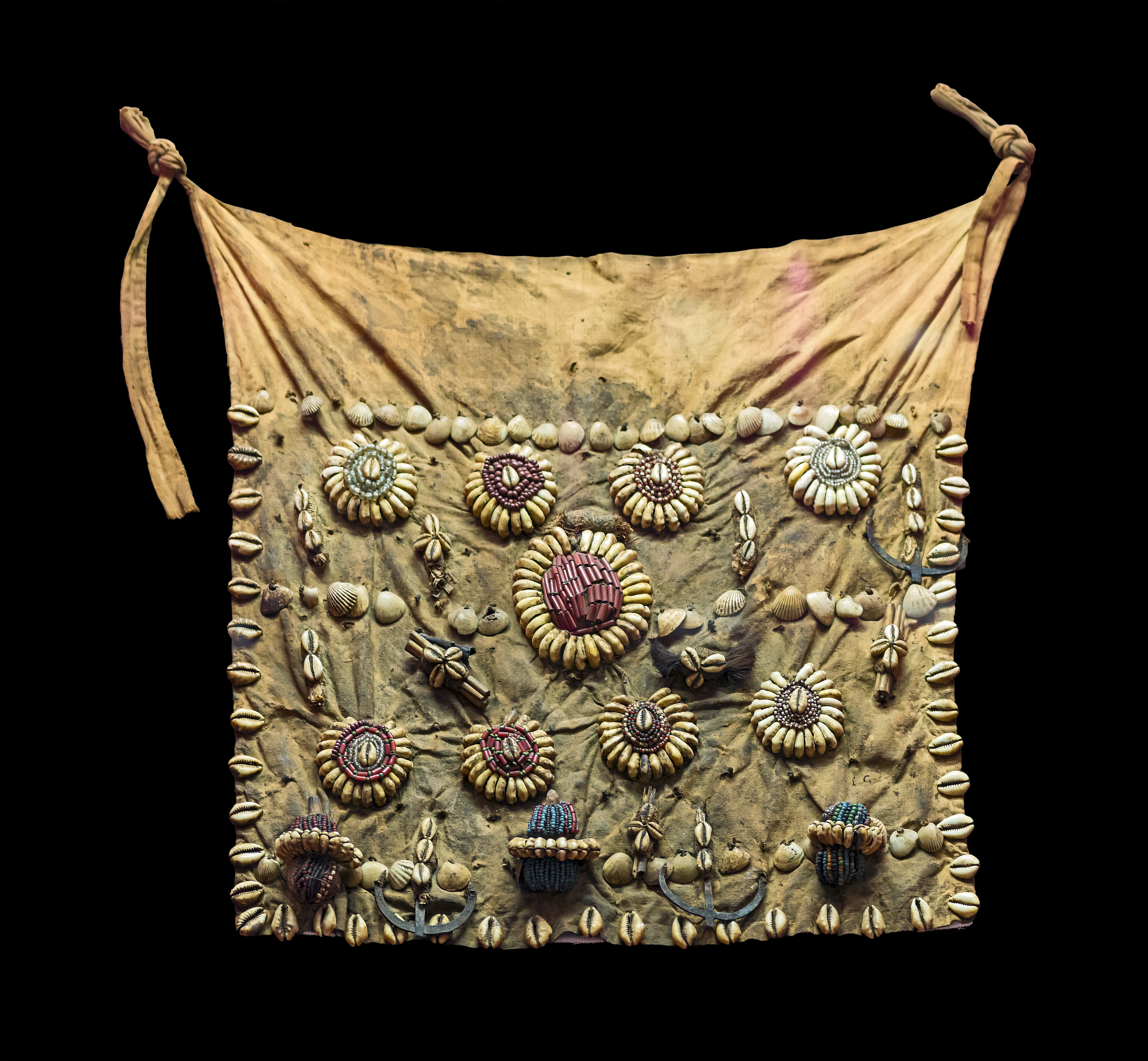|
Chef Supérieur
Chef supérieur, literally 'superior chief', was an official title in French, used by European (notably French and Belgian) colonial authorities to classify native chiefs whose tribal position was thus considered as higher than those of other tribal chiefs. There are no fixed rules for correspondence with the usually pre-existent native rapport. Cases in French colonies ''(this list is probably very incomplete)'' *in Dahomey (present Benin) : in Alada, since 1909, as colonial style of the native dynasty, styled ''Ajahutonon'' or ''Alada hosu'' after the annexation of their former Fon kingdom *in Togo : the ''Togbé Ahuawoto'' (still of the Lawson family) of Lolan See also Similar titles in English are *High Chief *Paramount Chief A paramount chief is the English-language designation for the highest-level political leader in a regional or local polity or country administered politically with a chief-based system. This term is used occasionally in anthropological and arch .. ... [...More Info...] [...Related Items...] OR: [Wikipedia] [Google] [Baidu] |
Tribal Chief
A tribal chief or chieftain is the leader of a tribal society or chiefdom. Tribe The concept of tribe is a broadly applied concept, based on tribal concepts of societies of western Afroeurasia. Tribal societies are sometimes categorized as an intermediate stage between the band society of the Paleolithic stage and civilization with centralized, super-regional government based in cities. Anthropologist Elman Service distinguishes two stages of tribal societies: simple societies organized by limited instances of social rank and prestige, and more stratified societies led by chieftains or tribal kings (chiefdoms). Stratified tribal societies led by tribal kings are thought to have flourished from the Neolithic stage into the Iron Age, albeit in competition with urban civilisations and empires beginning in the Bronze Age. In the case of tribal societies of indigenous peoples existing within larger colonial and post-colonial states, tribal chiefs may represent their tribe or ... [...More Info...] [...Related Items...] OR: [Wikipedia] [Google] [Baidu] |
Dahomey
The Kingdom of Dahomey () was a West African kingdom located within present-day Benin that existed from approximately 1600 until 1904. Dahomey developed on the Abomey Plateau amongst the Fon people in the early 17th century and became a regional power in the 18th century by expanding south to conquer key cities like Whydah belonging to the Kingdom of Whydah on the Atlantic coast which granted it unhindered access to the tricontinental triangular trade. For much of the middle 19th century, the Kingdom of Dahomey became a key regional state, after eventually ending tributary status to the Oyo Empire. European visitors extensively documented the kingdom, and it became one of the most familiar African nations to Europeans. The Kingdom of Dahomey was an important regional power that had an organized domestic economy built on conquest and slave labor, significant international trade and diplomatic relations with Europeans, a centralized administration, taxation systems, and an organ ... [...More Info...] [...Related Items...] OR: [Wikipedia] [Google] [Baidu] |
Alada
Alada Empresa de Transportes Aéreos was an airline based in Luanda, Angola. Established in 1995, it operated chartered passenger and cargo flights out of Quatro de Fevereiro Airport, Luanda. Their AOC was revoked in 2010.Flight International, Directory: World Airlines, p.71, 27 March 2007 Accessed July 2011. Fleet As of June 2011, the Alada fleet included the following aircraft: *1 Antonov An-12 *2 *2[...More Info...] [...Related Items...] OR: [Wikipedia] [Google] [Baidu] |
Fon People
The Fon people, also called Fon nu, Agadja or Dahomey, are a Gbe ethnic group.Fon people Encyclopædia Britannica, undated, 1.7 million population, Retrieved June 29, 2019 They are the largest ethnic group in found particularly in its south region; they are also found in southwest and . Their total population is estimated to be about 3,500,000 people, and they speak the |
Togo
Togo (), officially the Togolese Republic (french: République togolaise), is a country in West Africa. It is bordered by Ghana to the west, Benin to the east and Burkina Faso to the north. It extends south to the Gulf of Guinea, where its capital, Lomé, is located. It covers about with a population of approximately 8 million, and has a width of less than between Ghana and its eastern neighbor Benin. From the 11th to the 16th century, tribes entered the region from various directions. From the 16th century to the 18th century, the coastal region was a trading center for Europeans to purchase slaves, earning Togo and the surrounding region the name "The Slave Coast". In 1884, Germany declared a region including a protectorate called Togoland. After World War I, rule over Togo was transferred to France. Togo gained its independence from France in 1960. In 1967, Gnassingbé Eyadéma led a successful military coup d'état, after which he became president of an anti-communist, ... [...More Info...] [...Related Items...] OR: [Wikipedia] [Google] [Baidu] |
Paramount Chief
A paramount chief is the English-language designation for the highest-level political leader in a regional or local polity or country administered politically with a chief-based system. This term is used occasionally in anthropological and archaeological theory to refer to the rulers of multiple chiefdoms or the rulers of exceptionally powerful chiefdoms that have subordinated others. Paramount chiefs were identified by English-speakers as existing in Native American confederacies and regional chiefdoms, such as the Powhatan Confederacy and Piscataway Native Americans encountered by European colonists in the Chesapeake Bay region of North America. During the Victoria era, paramount chief was a formal title created by British colonial administrators in the British Empire and applied in Britain's colonies in Asia and Africa. They used it as a substitute for the word "king" to ensure that only the British monarch held that title.Government Documents. Great Britain. Foreign Offi ... [...More Info...] [...Related Items...] OR: [Wikipedia] [Google] [Baidu] |



